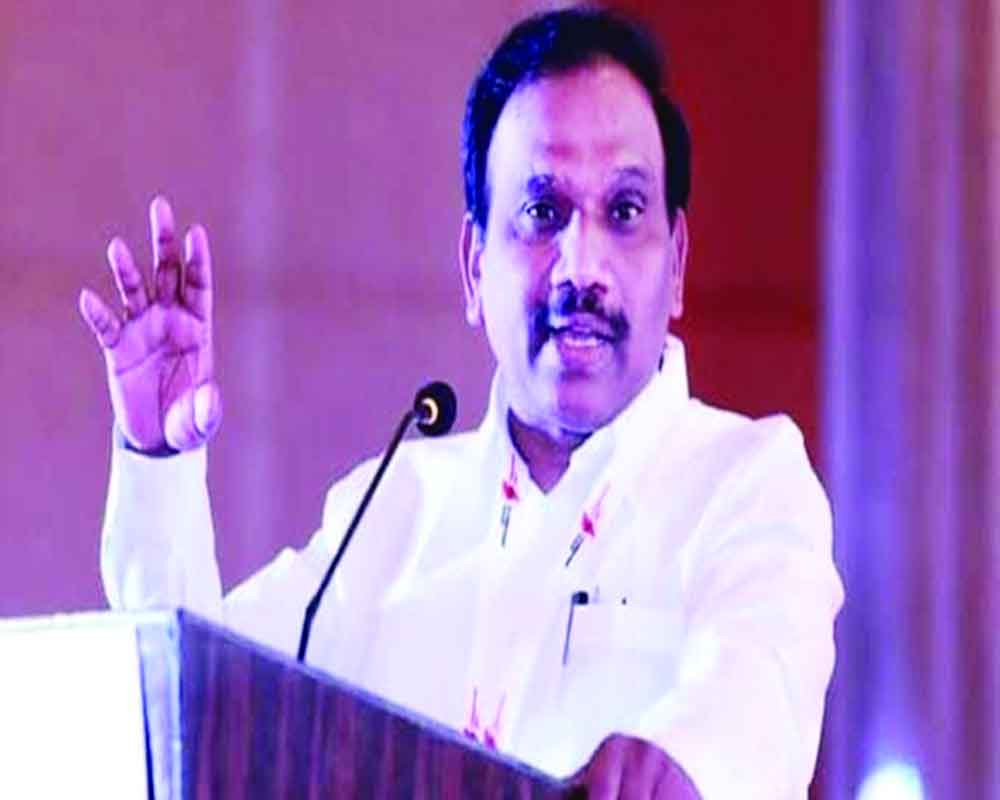DMK's A Raja courts controversy, claims that India is not a nation but a subcontinent
Former Union Minister and DMK leader A Raja has stirred up a controversy by suggesting that India is "not a nation but a subcontinent". The remark, not the first such coming from the Dravidian party's stables, has not only reignited discussions on nationalism and diversity but also brought into focus the complexities of India's historical, cultural and geographical realities. Geographically, the Indian subcontinent is a vast landmass bounded by the Himalayas in the north and surrounded by the seas on three sides. It encompasses a diverse array of cultures, languages, religions and ethnicities, making it one of the most heterogeneous regions in the world. However, the question of whether it is a nation or a subcontinent is a matter of interpretation. According to Merriam-Webster, a nation is a “group of people who share one or more nationalities and have a defined territory and Government". Seen in this light, nation refers to people, not to geography. But it is often defined by a common identity, shared history and a sense of belonging among its people. From the ancient civilisations of the Indus Valley and the Vedic period to the Mughal Empire and British rule, India's history is a saga of conquests, assimilation and cultural exchange. Upon Independence in 1947, India emerged as a sovereign nation-State with a democratic system of governance and a commitment to secularism and pluralism. The framers of the Indian Constitution sought to forge a nation out of the diverse strands of Indian society, enshrining principles of equality, liberty and fraternity.
However, despite these efforts, the idea of India as a nation is often contested. The legacy of colonialism, coupled with enduring fault lines of caste, class and religion, has led some to question the unity and coherence of the Indian nation. The rise of regionalism has further complicated the picture, challenging the notion of a monolithic Indian identity. However, going by the definition of a nation, when the above argument is given, it is actually about ethnic communities and not a nation. A nation can be formed by diverse groups. A Raja's remark has struck a chord precisely because it touches upon these fault lines. But this is exactly the path we must not take as such controversies are anathema to nation building and have in them seeds of Balkanisation. Some people may make political capital out of it but they cause irreparable damage to the idea of India. By characterising India as a subcontinent, Raja highlights the fissures and fault lines that run through the fabric of Indian society. Some may see it as an acknowledgement of India's rich diversity and pluralism while, for others, it may be interpreted as a negation of the nation-State idea. This, therefore, is an unacceptable formulation. India's strength lies in its ability to embrace its diversity while forging a common destiny based on the principles of justice, equality and fraternity. After all, in the words of Rabindranath Tagore: “The unity of India is not to be found in uniformity but in diversity.”


























